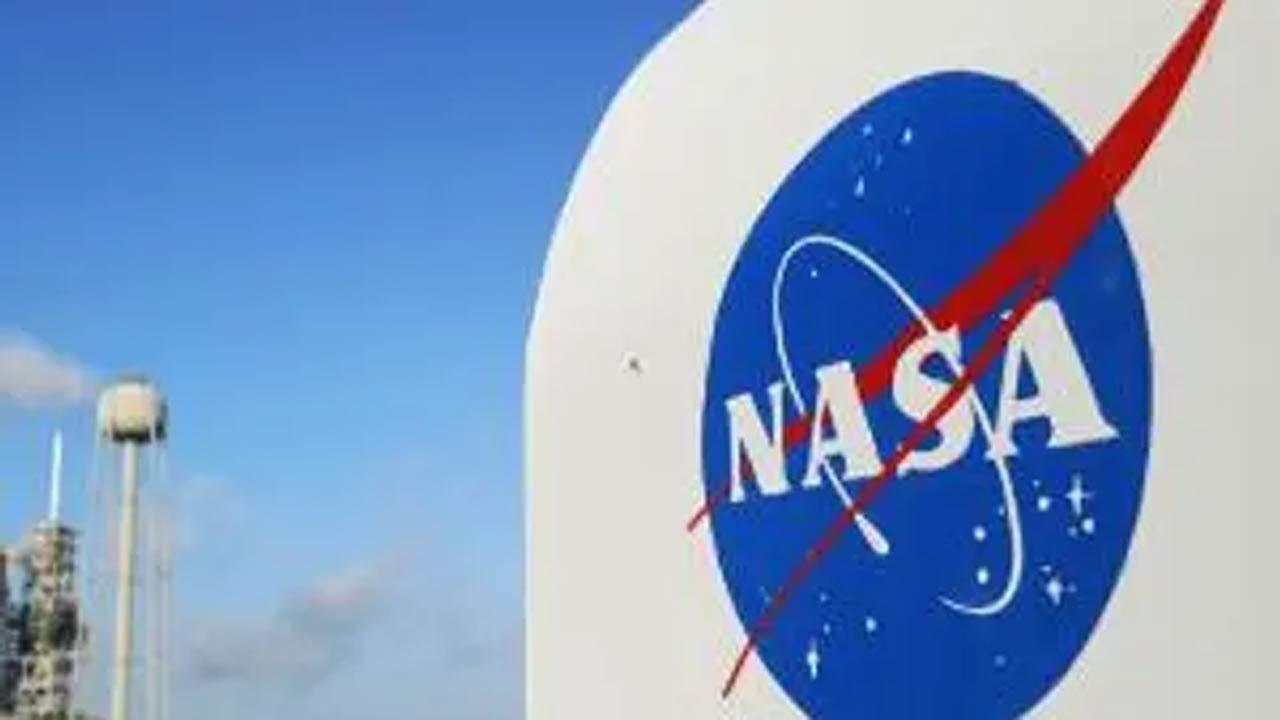Nelson said they would use the Orion capsule with its original heat shield but would make changes to the reentry path at flight's end

Representational Image. Pic Courtesy/iStock
NASA announced more delays Thursday in sending astronauts back to the moon more than 50 years after Apollo.
ADVERTISEMENT
Administrator Bill Nelson said the next mission in the Artemis programme -- sending four astronauts around the moon and back " is now targeted for April 2026. It had been on the books for fall 2025, after slipping from this year.
That bumps the third Artemis mission "a moon landing by two other astronauts" to at least 2027. NASA had been aiming for 2026.
NASA's Artemis programme, a follow-up to the Apollo moonshots of the late 1960s and early 1970s, has completed only one mission. An empty Orion capsule circled the moon in 2022 after blasting off on NASA's new Space Launch System rocket.
Although the launch and lunar laps went well, the capsule returned with an excessively charred and eroded heat shield, damage from the heat of reentry. It took until recently for engineers to pinpoint the cause and come up with a plan.
Nelson said they would use the Orion capsule with its original heat shield but would make changes to the reentry path at flight's end.
The commander of the lunar fly-around, astronaut Reid Wiseman, took part in Thursday's news conference at NASA headquarters in Washington. His crew includes NASA astronauts Victor Glover and Christina Koch and Canadian astronaut Jeremy Hansen.
Twenty-four astronauts flew to the moon during NASA's vaulted Apollo program, with 12 landing on it. The final bootprints in the lunar dust were made during Apollo 17 in December 1972.
This story has been sourced from a third party syndicated feed, agencies. Mid-day accepts no responsibility or liability for its dependability, trustworthiness, reliability and data of the text. Mid-day management/mid-day.com reserves the sole right to alter, delete or remove (without notice) the content in its absolute discretion for any reason whatsoever
 Subscribe today by clicking the link and stay updated with the latest news!" Click here!
Subscribe today by clicking the link and stay updated with the latest news!" Click here!







